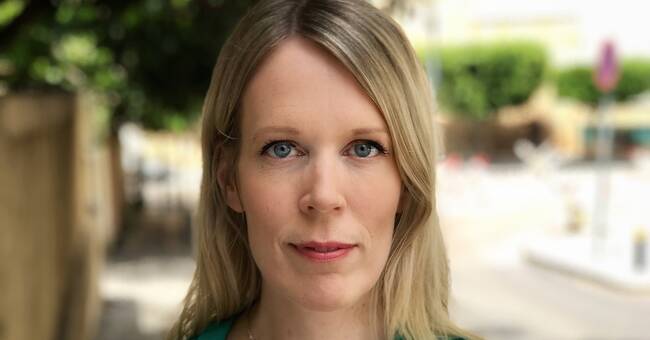Families fleeing their homes during shootings.
Snipers on the roofs.
Schoolchildren taking shelter from the bullets against a wall in their classroom and the deafening sound of grenade launchers.
But it is not the memories of the war that are plaguing Lebanon the most right now.
The country is shaken by one of the worst economic crises in the world in 150 years.
For three decades, those in power have been able to plunder the country because they stand above justice.
The same militias and battle lines as during the war
The reason for the rapid development of violence on Thursday is more in the near future.
It is about the investigation into who is responsible for the explosion in the port of Beirut last summer.
The blast killed more than 200 people and left hundreds of thousands homeless.
No one has yet been held accountable, although it is clear that the country's political leadership is aware that thousands of tonnes of high-explosive material were stored in the port in the heart of Beirut.
Instead, the criminal investigation has been characterized by attempts at political influence.
When the first investigating judge Fadi Sawan made accusations against four former ministers, he was dismissed.
The following investigating judge, Tarek Bitar, also wanted to demand responsibility at the political level for the explosion, and has summoned several high-ranking politicians for questioning.
Militia power demonstration
On Thursday morning, the Shia Muslim Amal and Hezbollah movements had called for a demonstration at the Palace of Justice in Beirut demanding the removal of Bitar.
Shia militia Hezbollah's political branch sits in Lebanon's parliament.
The movement is the strongest military force in the country and it is allied with Amal.
Shots from unidentified snipers hit some of the protesters and the answer came immediately: when hundreds of armed Amal and Hezbollah supporters entered the Christian residential area of Ain al-Remmaneh.
According to Amal and Hezbollah, the snipers belonged to the Christian militia Lebanese Forces - something that has not been confirmed.
By the time the fighting ended four hours later, seven people had been killed and at least 30 injured.
The warlords who became politicians
The area around Beirut's Palace of Justice - where Thursday's clashes took place is close to what was called the Green Line during the war - the border that divided eastern and western Beirut during the 1975-1990 war.
The Amal movement is led by Lebanese Speaker Nabih Berri, and the Lebanese Forces is led by Samir Geagea.
Both have a background as militia leaders during Lebanon's civil war and belong to the warlords who at the end of the war changed their uniforms into suits and took seats in parliament.
A culture of impunity
At the end of the war, a general amnesty was issued and war crimes were swept under the rug.
In the three decades since the end of the war, a culture of impunity has characterized Lebanon's leadership.
A series of political assassinations have passed unexplored.
The former warlords who are now politicians have been able to enrich themselves with impunity in one of the world's most corrupt countries.
But at the same time as faith in the rule of law has eroded, anger against the political leadership has grown.
Today, exactly two years ago, on October 17, 2019, frustration exploded in nationwide protests when Lebanese from various religious groups and political parties demanded an end to corruption in Lebanon.
The explosion in August 2020
Since his appointment in February, Judge Tarek Bitar has summoned a number of people in power and senior officials for questioning in a way that has clearly shaken Lebanon's political elite.
Many high-ranking politicians are protected by immunity, and on social media and in courtrooms there is a struggle for immunity to be lifted.
At the same time, several of those who have had suspicions directed at them have tried to get Bitar fired from his post.
During the protest on Thursday, pictures of Bitar were burned together with pictures of the US ambassador to Lebanon.
Will Pieces also be set aside?
The judge investigating the largest lawsuit in Lebanon since the assassination of Prime Minister Rafik Hariri in 2005 is a media-shy person who rarely speaks to the press.
Since Bitar took office in February, he has also become one of the country's most popular officials.
Now he is at the center of the attention of all of Lebanon.
Beyond the violence, there is a battle for justice in a country where those in power have for decades been released from responsibility.

